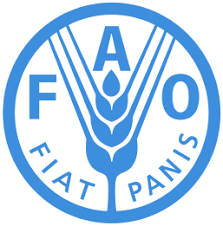ICT IN SUPPORT OF EVIDENCE BASED POLICY MAKING: LAND AND GENDER IN THE WESTERN BALKANS
March 2014 – This article presents a joint FAO and World Bank initiative to integrate the Voluntary Guidelines on the Responsible Governance of Tenure of Land, Fisheries and Forests in the Context of National Food Security principles on gender equality into the Bank financed land administration projects in six Western Balkans countries. Even though the land agencies generate inordinate amounts of data, these are not efficiently used to inform policy makers, because of lack of capacity and manpower to properly process and link them between sub-sectors and over time.


